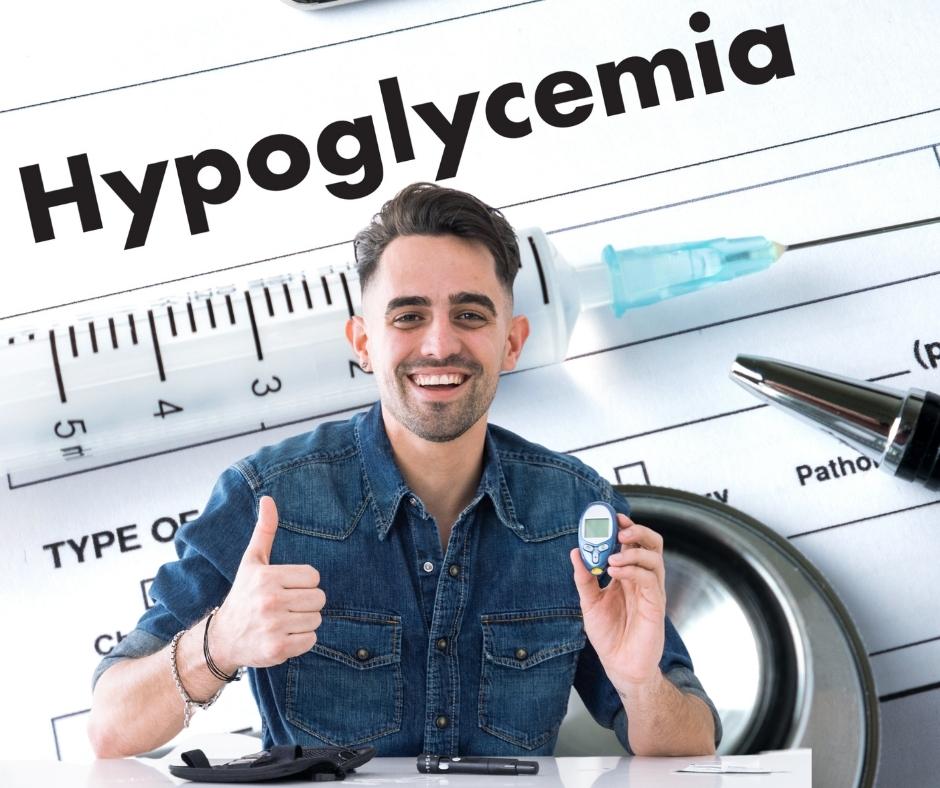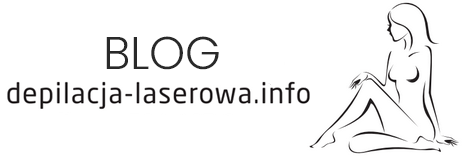Hypoglycemia, commonly known as low blood sugar, is a condition characterized by an abnormally decreased level of glucose (sugar) in the blood. This condition can affect individuals with diabetes who are managing their condition with insulin or other glucose-lowering medications. However, it can also occur in people without diabetes due to various causes such as prolonged fasting, certain medical conditions, or medications. Understanding hypoglycemia is crucial for recognizing its symptoms and implementing effective management strategies to prevent serious complications.

Hypoglycemia
Understanding Hypoglycemia
Glucose is the main source of energy for the body’s cells and is especially critical for brain function. The normal range of blood glucose levels typically ranges from 70 to 100 milligrams per deciliter (mg/dL) when fasting. Hypoglycemia is generally defined as a blood sugar level below 70 mg/dL. When blood glucose levels drop too low, the body cannot function properly, leading to various symptoms and potentially serious health risks.
Causes of Hypoglycemia
In individuals with diabetes, hypoglycemia is often a side effect of diabetes medications that increase insulin levels in the body. Taking too much insulin or other diabetes medications, not eating enough carbohydrates, excessive physical activity, or drinking alcohol can contribute to low blood sugar levels.
In people without diabetes, hypoglycemia can be caused by several factors, including certain medications (non-diabetes related), excessive alcohol consumption without eating, severe liver disease, some hormonal deficiencies (such as cortisol or growth hormone deficiency), and insulin-producing tumors (insulinoma).
Symptoms of Hypoglycemia
Symptoms of hypoglycemia can vary from mild to severe and may include:
- Shakiness or nervousness
- Sweating
- Hunger
- Dizziness or light-headedness
- Confusion or difficulty concentrating
- Weakness or fatigue
- Blurred vision
- Irritability or mood changes
- Seizures or unconsciousness (in severe cases)
Management and Treatment
The immediate treatment for hypoglycemia involves consuming fast-acting carbohydrates to raise blood sugar levels quickly. This could include glucose tablets, fruit juice, regular (not diet) soda, or candy. For individuals with diabetes, monitoring blood sugar levels regularly and adjusting medication, food intake, and physical activity levels are key strategies for preventing hypoglycemia.
In cases of severe hypoglycemia where the individual is unable to consume food or drink, emergency medical treatment is required. This may involve administering glucagon via injection or nasal spray, a hormone that raises blood sugar levels quickly.
Preventing Hypoglycemia
Preventing hypoglycemia involves careful management of diabetes, if present, including:
- Adhering to a balanced diet with regular meals and snacks
- Monitoring blood sugar levels frequently
- Adjusting insulin or medication doses according to food intake and physical activity
- Avoiding excessive alcohol consumption
For those without diabetes, addressing the underlying cause of hypoglycemia is crucial. This may involve changing medications, treating other medical conditions, or modifying dietary habits.
Hypoglycemia is a condition that requires immediate attention and appropriate management to prevent serious health complications. Understanding the causes, recognizing the symptoms, and knowing how to treat and prevent low blood sugar levels are essential steps for individuals at risk of hypoglycemia. Always consult with a healthcare provider for personalized advice and treatment options tailored to your specific health needs.

